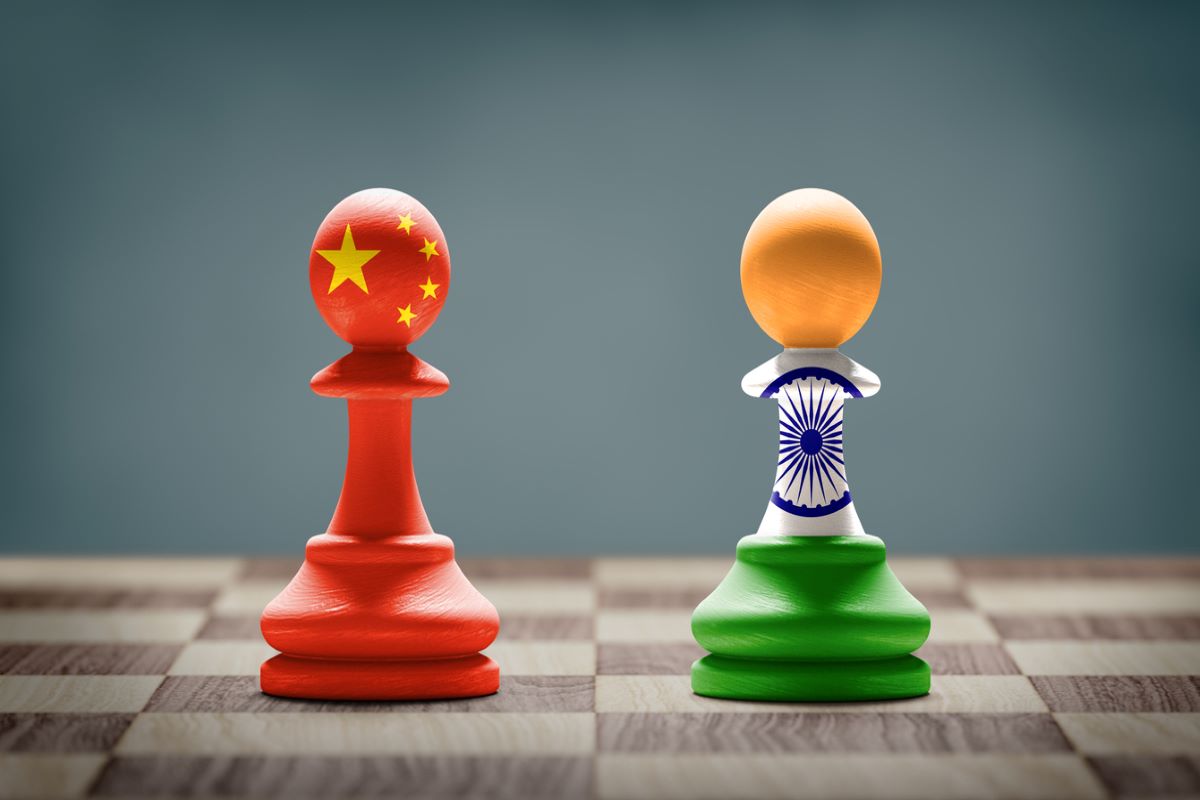The challenge thrown up by China’s Belt and Road Initiative (BRI) for countries across the globe as Beijing focuses single-mindedly on growing its strategic footprint by enhancing and controlling trade and connectivity has elicited varied responses.
Regional rival India, too, is trying to counter Chinese dominance and what many in New Delhi see as Beijing’s hegemonic proclivity by keeping various balls in play. One such initiative that’s generated a degree of interest in the Indian strategic community is the proposed India-West Asia-Europe trade route as a potential BRI alternative which would also keep out Turkey, a country with ambitions of taking leadership of the (Sunni) ‘Muslim World’, while reducing dependence on the Suez Canal.
Advertisement
India, it may be noted, has been in talks regarding various projects and investments with the UAE, Israel, Saudi Arabia, Greece, and the USA in the West Asia-Mediterranean region.
It is in this context that Professor Michael Tanchum of the National University of Singapore recently floated the idea of the so-called India-ArMed (Arabia-Mediterranean) corridor to create a multimodal link connecting Mumbai and the European mainland.
The proposed trade corridor would pass through UAE’s Dubai and a road-and-rail link connecting Dubai to Israel’s Haifa port via several cities in Saudi Arabia including Riyadh. Haifa and the Greek port of Piraeus would be linked through a maritime route and the trade corridor would move into the European mainland via Greece. The route would isolate an increasingly Islamist Tukey and end the overdependence on the Suez Canal. While this is a novel and well-researched idea, it is ambitious.
For, it is predicated on the emerging trajectory of the geopolitics in the region continuing in a particular direction – the Israel-Saudi détente continuing apace, Greece agreeing to risk further bullying from old adversary Turkey and the wrath of new friend China, Tel Aviv’s disillusionment with Beijing getting to a point where it would want to actively explore other options, and, crucially, the USA wanting more skin in the game.
There are far too many ‘ifs’ for the project to have a chance of coming to fruition, at least for now. But the initiative must not be discarded. Because China’s efforts to dominate the global trade route include building a network that rivals the traditional trade route from Asia to Europe via the Suez Canal by promoting the ‘inland silk route’ which starts in Xi’an, Central China, passes through Xinjiang and Central Asian cities such as Almaty, Bishkek, and Dushanbe, enters Iran, and goes on to Istanbul which sits on the cusp of Europe and Asia.
The final leg of the Beijing-bankrolled route takes in Moscow before moving into Western Europe by connecting the Russian capital to Duisburg in Germany and the port of Rotterdam in the Netherlands thereby pushing Russia further into China’s embrace. And that is emphatically not in the Indian interest.
